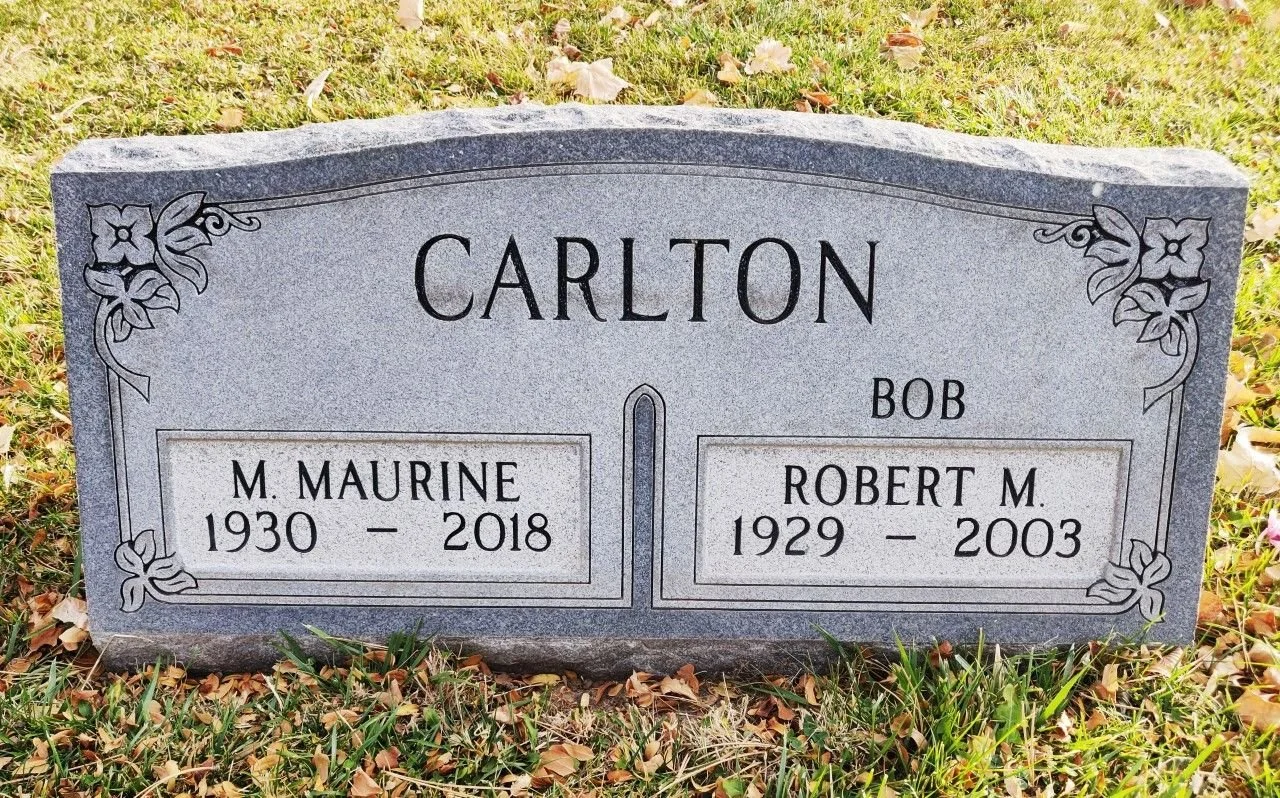Honest stories from our farm: the realities of growing and raising food, what’s cooking in our kitchen, and the philosophy that shapes our life.
Filter Blogs By Category
6 Ways to Tell When a Business Is Faking Generosity
This time of year brings out a flood of charity campaigns and public gestures. Every crisis brings out the same kind of statement: “We’re partnering with the community to help those in need.” Then you read the fine print and realize it’s not the business giving. It’s you.
The Illusion of Security
Most people mistake stability for safety. As long as the bills are paid, it feels secure. But security built on income is temporary. This post looks at what happens when that illusion breaks and asks one simple question: if your income stopped tomorrow, what would you still have that’s truly yours?
Reflecting On Our First Season
It’s hard to believe that a year ago our farm didn’t exist. Sitting inside warmed by our wood stove, we're reminded that the farm is settling into its winter routine. The garden is pushing out its last nutrients. The bees are gathering the lingering pollen. The chickens and quail eggs decrease daily with the shorter days.
It's in these moments of slowing down that we can reflect on the season we had and celebrate all that happened on our farm.
What Being Vegan Taught Us
For four years, we were strict vegans. Not for animals. Not for purity. For survival.
Food as Leverage
Food is the first reason most people stay where they are. Every system knows it. You can quit a job, sell a house, or cancel a subscription, but you can’t stop eating. That’s the point of control.
What We’re Reading
When we wrote about What We’re Listening To a lot of people responded. So we figured we’d do the same with what we’re reading right now.
When we want something to read, we go to the library. The library is public infrastructure. It already belongs to the people who use it. You walk in, take what you need, and bring it back when you’re done. No purchase, no algorithm, no permanent data trail. It’s free because it’s supposed to be.
Every “Local Collab” Is Just a Group Project to Separate You from Your Money.
Every business wants to look local now. Even the big ones. They pair with breweries and bakeries. They run joint giveaways with boutiques and food trucks. Your favorite coffee spot teams up with a bank. Your favorite candle shop pairs with an insurance agency. They call it collaboration, like it’s some kind of neighborhood potluck.
It’s not generous. It’s not selfless. It’s survival.
This Is Not a Mop Bucket
This is not a mop bucket. It’s a clothes washer. It’s not convenient. It’s not fast. It’s not impressive to look at. It’s something better. It’s available. It works without asking anything from you. No electricity. No coin slot. No locked lid or error code demanding a technician.
Crypto Is Not an Exit
People are rushing into crypto because it dangles the promise of escape. Fast money. Control. Freedom from the same banks and governments that hold the leash. But look closer and you see the same old trick: a system that farms you while pretending to liberate you.
The Invisible Parts of Our Farm: How Multiple Sclerosis Shapes Our Resilience
Alexys has been living with Multiple Sclerosis for nearly a decade, and it shapes every part of our farm. Our happy animals, beautiful gardens, and daily rhythms are rooted in countless choices we’ve made to build a life that allows us to thrive despite our daily challenges.
What We’re Listening To
When we have free time, the stereo goes on. Not streaming, not playlists, but CDs. We don’t listen to them because it’s trendy or because we’re clinging to nostalgia. We listen to them because when we buy a CD, we own it. The music doesn’t vanish if a subscription ends. The money goes straight to the artist instead of being shaved down to fractions of a cent. And the album sits on our shelf where we can pull it down and hear it the way it was made.
Fire in the House
Heat is survival. Without it, a house is just walls against the cold. On this farm we learned that lesson in our first years here.
When Work Becomes Trauma
I was diagnosed with PTSD recently. Not from war. Not from disaster. From work.
Dabbling in Self-Reliance Before Jumping In Head First
Most people think self-reliance starts with a big jump. Buy land, plant a huge garden, get animals, and flip the switch overnight. That’s the fastest way to fail. You don’t start by betting everything on skills you’ve never tried. You start small, because every mistake costs less when the stakes are low. Dabbling is how you find out what actually works for you, what you’re willing to keep doing, and what falls apart in practice.
Labor Day: The Work That Actually Feeds Us
Labor Day gets dressed up as a long weekend, a sale at the mall, or maybe a cookout with burgers and beer. The original meaning is buried under discount flyers and corporate slogans about “honoring workers.” Most of it is noise. The day isn’t supposed to be about buying more things you don’t need. It was meant to acknowledge labor itself, the sweat, the calluses, the effort that keeps everything moving.
Our Use of Social Media Ends Today
A small farm like ours only survives if we can talk directly to the people who care about it. That is why our newsletter matters more than any social media account ever could.
Two Generations, Two Farms, One Thread
My grandfather ran a five-acre sheep farm in a small town in southern Colorado. His tools were worn smooth from years of his grip. His workday started before the sun and ended when the animals were fed and the fields were quiet. It was small, simple, and direct. You raised the animals, you sheared the wool, and you kept what you needed for your family. He died when I was eighteen. I am forty-one now, and Alexys and I farm a single acre in the Mid-Ohio Valley of West Virginia. The gap between his way of farming and ours could be measured in decades or in light years.
The Local Halo Effect
There is a not-so quiet assumption that “local” automatically means better. Better quality, better ethics, better treatment of workers, better for the environment. The moment a business is labeled local, it gets a halo and people stop asking questions.
Exit Farming: Starving the Systems that Farm You
Our website says we started farming to feed ourselves. And that's true, but it's not the whole story.
We didn't start a farm because we were chasing some pastoral fantasy or trying to live off the land in some Instagram-worthy way. We started because we were suffocating inside systems that demanded everything while giving back scraps.
Food as Currency: Why We Can't Ignore Food Insecurity in Our Community
When we think about currency, most of us picture dollars and cents. But there's another form of currency that flows through our communities every day, one that's far more essential than any paper bill: food.




















